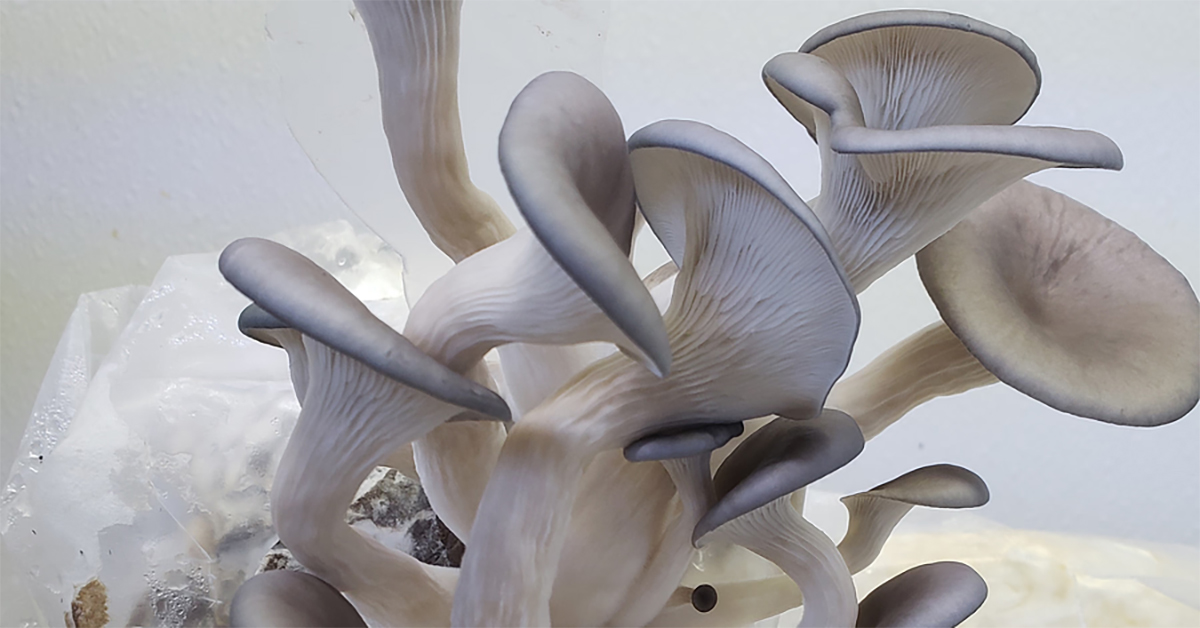
Dr. Joshua Vandenbrink, associate professor in Louisiana Tech University’s School of Biological Sciences, has received a NASA Research Initiation Award to study how edible mushrooms can be cultivated in space as part of sustainable life support systems for long-duration space missions.
The two-year, $300,000 award will fund research titled Cultivating White Oyster Mushrooms (Pleurotus ostreatus) as Part of a Bioregenerative Life Support System for Spaceflight. The project will support four undergraduate students and one graduate student, offering opportunities to present their work at the American Society for Gravitational and Space Research annual conference.
White oyster mushrooms are a promising food source for spaceflight because they can grow on a variety of plant-based materials, including waste paper, inedible vegetable parts and even old clothing. The research will focus on identifying the optimal environmental conditions — such as atmosphere, humidity and lighting — for mushroom cultivation in microgravity.
“Sustaining human life during extended space travel is a great challenge of our time,” said Dr. Gary Kennedy, dean of the College of Applied and Natural Sciences. “Dr. Vandenbrink’s innovative approach to addressing this issue exemplifies the applied, practical and science-based nature of our college.”
Vandenbrink, who earned his doctorate in genetics from Clemson University, has an extensive background in space biology. His work has included participation in three separate spaceflight experiments investigating plant movement in microgravity. Since joining Louisiana Tech, he has focused on bioregenerative systems that could help make long-term human space exploration possible.
“Dr. Vandenbrink’s research gives Louisiana Tech students the opportunity to contribute to critical work that supports prolonged space travel,” said Dr. Jamie Newman, director of the School of Biological Sciences. “Their ability to apply classroom learning to collaboratively solve real-world challenges is one of the core strengths and values of our program. We look forward to seeing the achievements Dr. Vandenbrink and his students will realize through this work.”
The NASA Research Initiation Award is part of the agency’s Research Opportunities in Space and Earth Science, which funds early-stage projects that align with NASA’s mission to enable a sustainable human presence beyond Earth.





